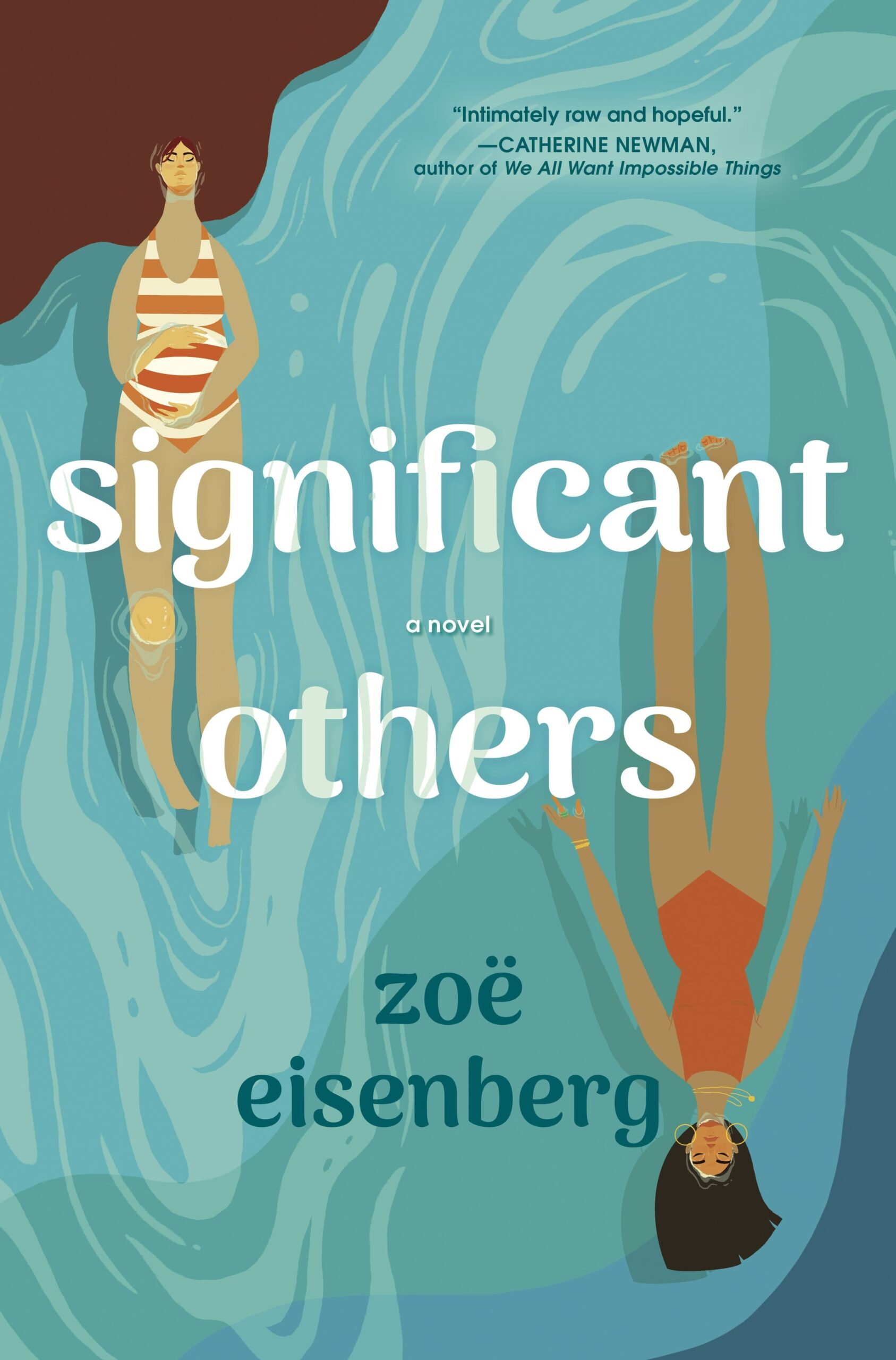Buy this from Bookshop.org to support local bookstores and the Lesbrary! I Keep My Exoskeletons to Myself follows Kris, a recent widow, as she navigates the world of Shadester and NoShad while raising the child that her wife, Beau, died giving birth to. She has to deal with her own two shadows and with the baby’s two shadowsRead More
A Bittersweet Portrait of Platonic Partnership: Significant Others by Zoe Eisenberg
Buy this from Bookshop.org to support local bookstores and the Lesbrary! Jess and Ren were college roommates, and they have been inseparable ever since. That’s acceptable in college, but much less common when you’re in your late 30s, have bought a house together, and co-parent a dog. They’re committed to each other, but not dating—JessRead More
Elinor reviews The Argonauts by Maggie Nelson
The Argonauts is an amazing book. It is a memoir but not a neatly narrative one. It’s been called “genre-bending,” which it certainly is. I’d describe it as a meditation of family, queerness, gender, love, bodies, connection, and a whole lot more. Nelson quotes academic theorists as readily as she shares visceral, personal details fromRead More
